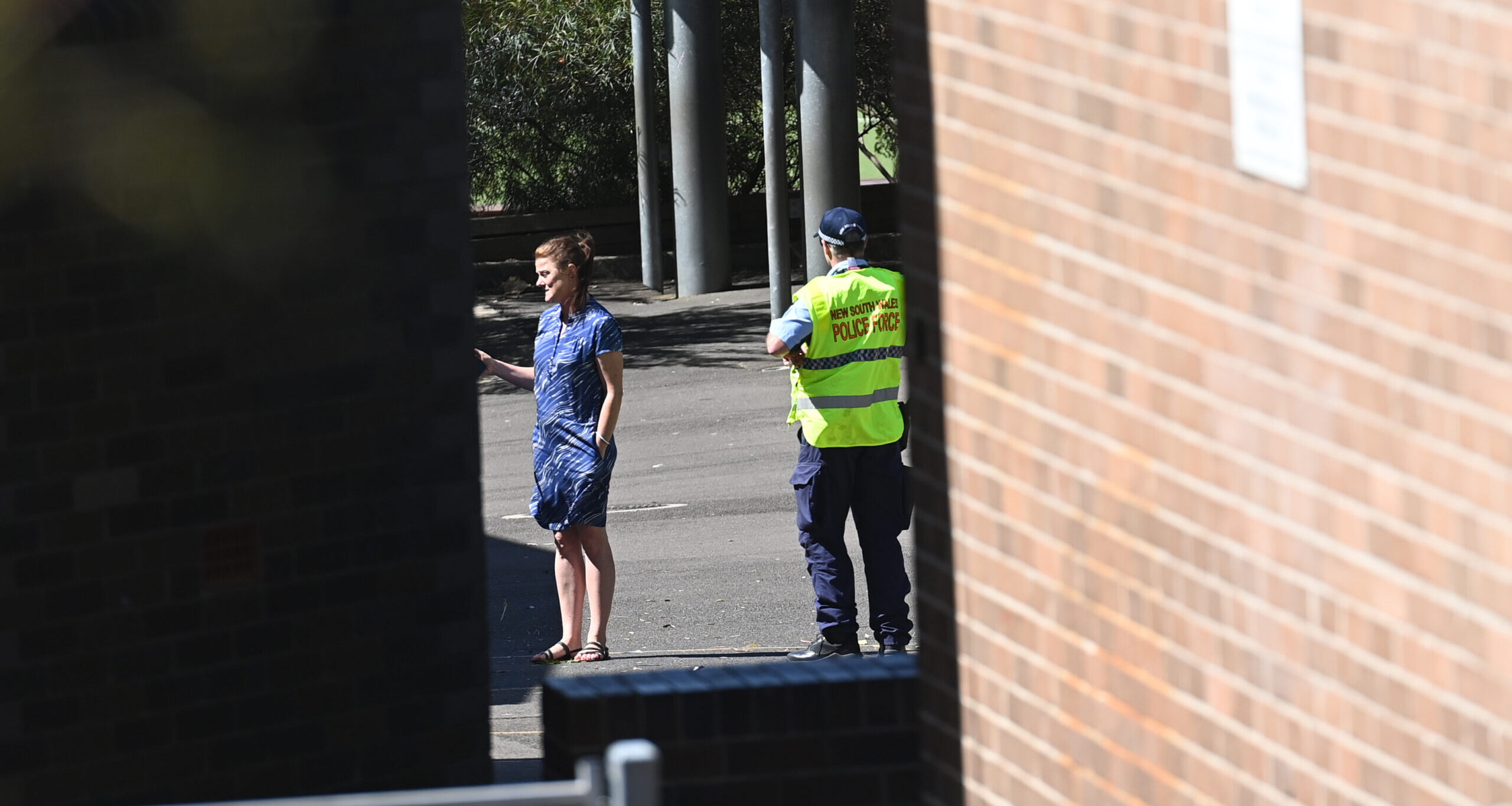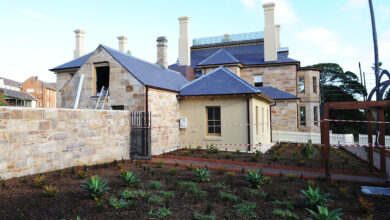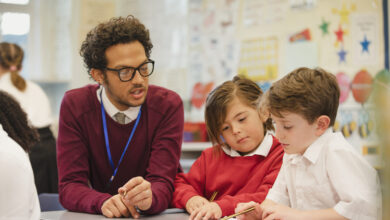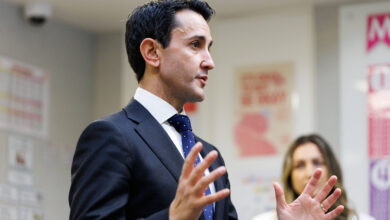School ManagementTop Stories
Police called to NSW schools 20,000 times in the last year

Police were called to schools across NSW almost 20,000 times in the year to November 2023, including for serious sexual incidents and violence involving pistols and swords.
Please login below to view content or subscribe now.




